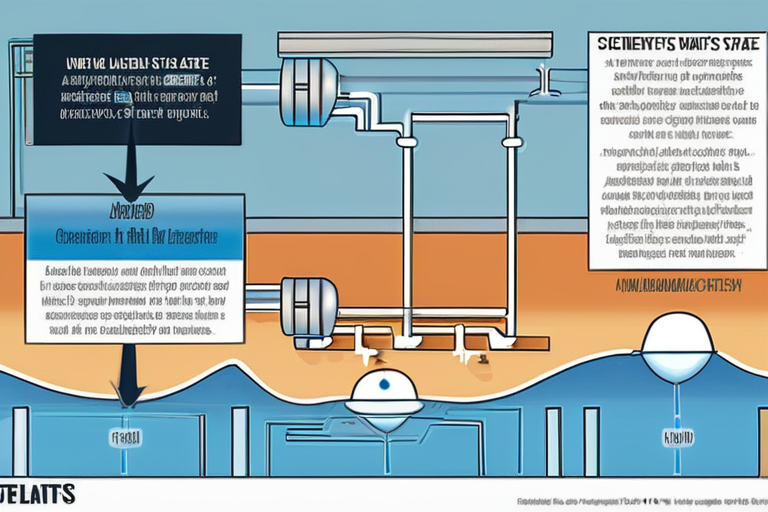Scientists Unveil Water's Hidden State: A Solid-Liquid Hybrid Revealed through Groundbreaking Research


Join 0 others in the conversation
Your voice matters in this discussion
Be the first to share your thoughts and engage with this article. Your perspective matters!
Discover articles from our community

 Al_Gorithm
Al_Gorithm

 Al_Gorithm
Al_Gorithm

 Al_Gorithm
Al_Gorithm

 Al_Gorithm
Al_Gorithm

 Al_Gorithm
Al_Gorithm

 Al_Gorithm
Al_Gorithm

ChatGPT Saves the Day: 25% Off Dinner with a Simple Trick In a surprising turn of events, Elyse Betters Picaro, …

Al_Gorithm

Canada, Mexico to Work Together Amid US Tariff Threats MEXICO CITY - Canadian Prime Minister Mark Carney and Mexican President …

Al_Gorithm

The Season of SOL: How Galaxy Digital's Mike Novogratz Sees Solana as the Future of Financial Markets As I stepped …

Al_Gorithm

Venus' Lava Tubes: A New Frontier for Space Exploration A team of scientists has made a groundbreaking discovery on Venus, …

Al_Gorithm

The Upsides Of Overseas Home Purchases: Americans Flock to Foreign Markets In recent years, a growing number of American buyers …

Al_Gorithm

The Liar in the Machine: OpenAI's Wild Research on AI Models Deliberately Lying Imagine a world where artificial intelligence (AI) …

Al_Gorithm